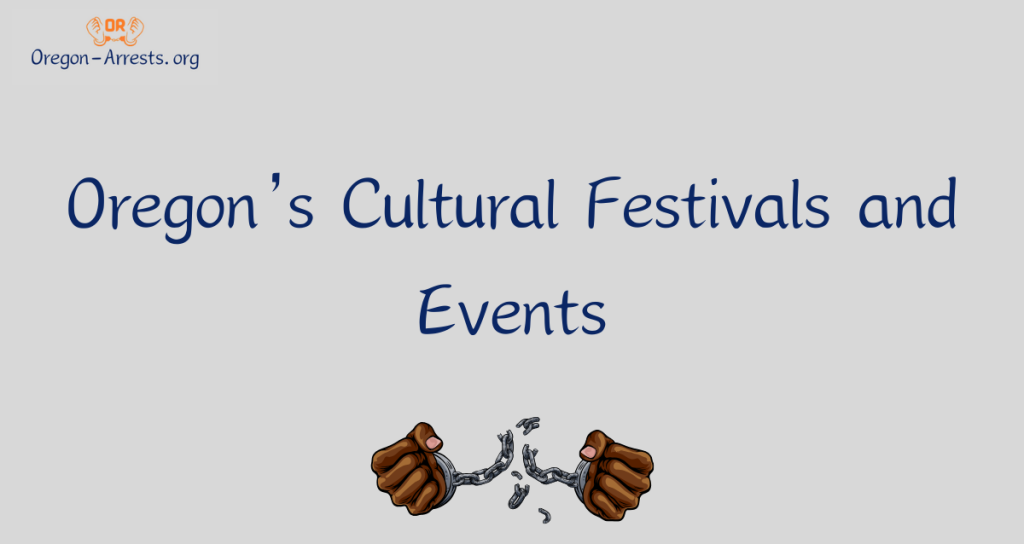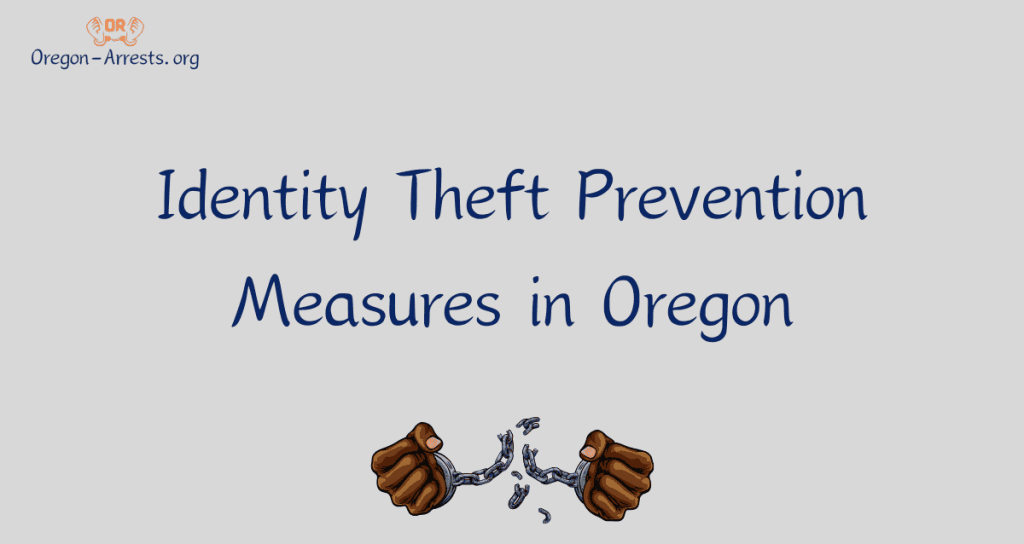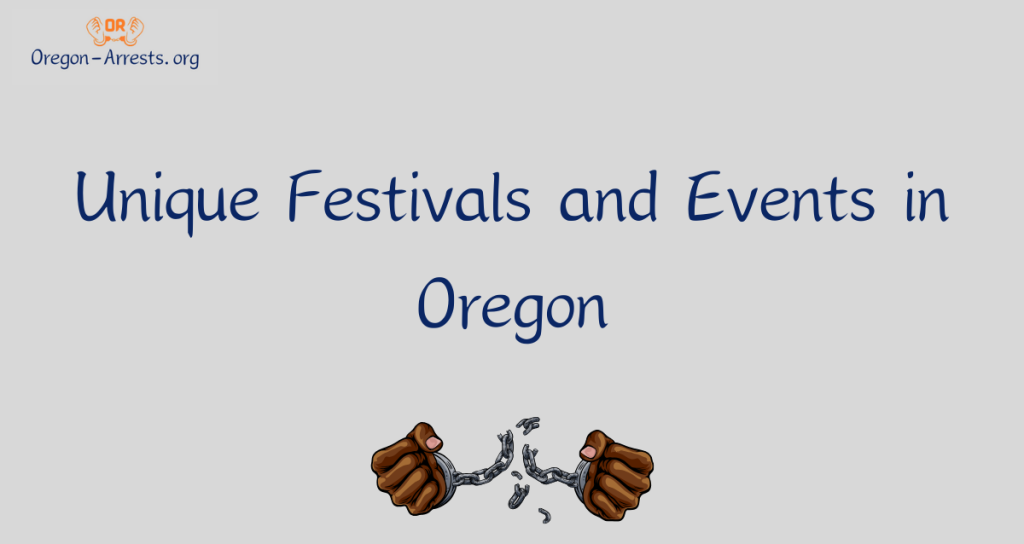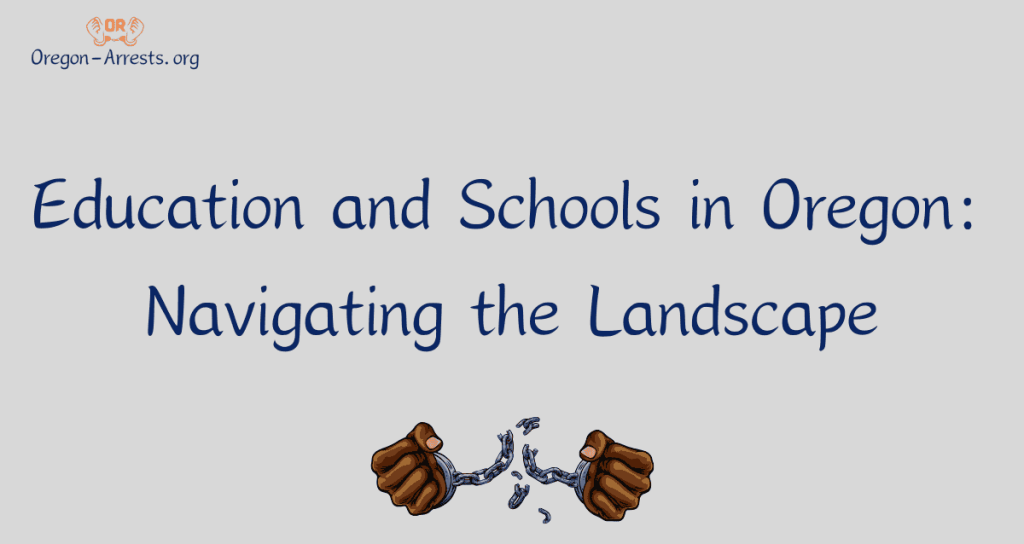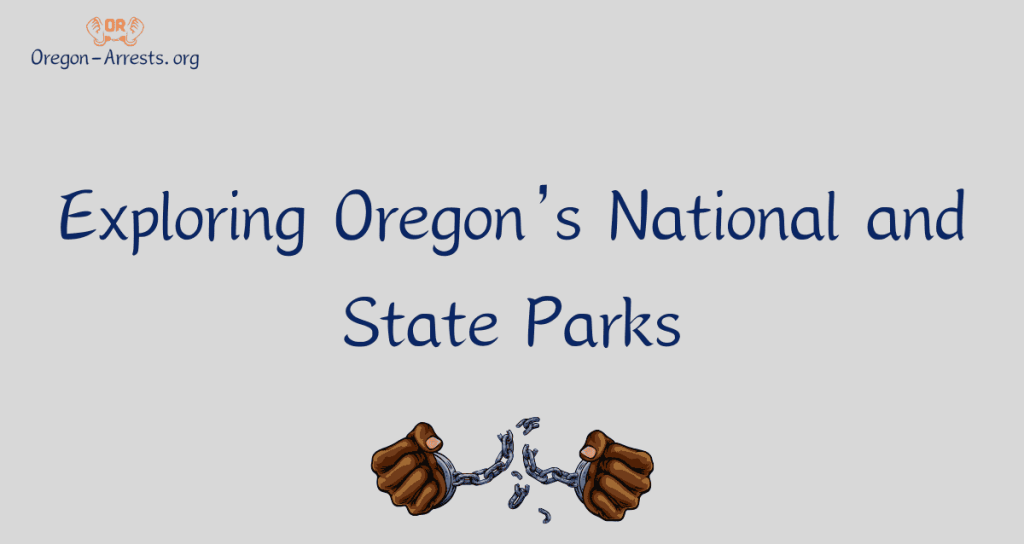Oregon Government and Politics
Oregon, nestled in the Pacific Northwest, is a state celebrated for its natural beauty, but its political landscape is equally captivating. Understanding “Oregon State Government and Politics” is vital as it offers a profound insight into how this diverse state operates politically and socially.
Historical Context
The roots of Oregon’s political system trace back to its early days, with pioneers forming provisional governments. Eventually, Oregon achieved statehood in 1859, marking the beginning of a dynamic political journey.
Oregon’s Political Structure
In the present day, Oregon’s government consists of three branches: the Executive, Legislative, and Judicial. The Governor’s office plays a pivotal role in shaping policies and administering state affairs. The State Legislature, comprising the House and Senate, is responsible for enacting laws, while the Judiciary interprets and applies them.
Political Parties in Oregon
Oregon is predominantly a Democratic stronghold, with the Democratic Party holding significant political sway. Nonetheless, the Republican Party has remained resilient and influential. Other minor parties have also left their mark on the state’s politics.
Key Political Figures
Over the years, Oregon has seen influential governors and senators who have played a defining role in the state’s politics. Their legacies continue to influence the state’s direction.
Voting and Elections
Oregon boasts an innovative vote-by-mail system, resulting in consistently high voter participation rates. This unique approach to elections has garnered national attention.
Legislative Process
Understanding how bills become laws in Oregon is essential. We’ll delve into the legislative process and explore recent landmark legislations that have shaped the state’s policies.
Environmental Policy
Oregon is committed to environmental sustainability. The state is home to diverse ecosystems, and its policies are dedicated to preserving them. We’ll explore key environmental initiatives and regulations.
Education and Healthcare
The state’s public education system and healthcare policies are critical in shaping Oregon’s future. We’ll examine the challenges and initiatives in both sectors.
Economy and Business Environment
Oregon’s economy is characterized by thriving industries and a business-friendly environment. We’ll explore the state’s economic strengths and incentives for businesses.
Social Issues
The state is a focal point for social justice and equity advocacy. We’ll dive into Oregon’s stance on contentious social issues and the movements that drive change.
Local Governance
Local politics in Oregon is equally fascinating. Counties and cities have dynamics, and understanding their role in the state’s governance is crucial.
Challenges and Controversies
Oregon, like any other state, has faced political controversies and challenges. We’ll discuss recent controversies and ongoing issues.
Public Engagement
Grassroots movements and civic engagement are integral to Oregon’s political landscape. We’ll explore the role of activism and media in shaping public opinion.
FAQs
What is the structure of the Oregon government?
The Oregon government follows a typical structure with three executive, legislative, and judicial branches. The Governor heads the executive branch, the legislative branch consists of the Senate and the House of Representatives, and the judicial branch includes the state courts.
How are laws passed in Oregon?
In Oregon, laws are passed through a legislative process. A bill is introduced in either the Senate or the House of Representatives, goes through committee hearings and amendments, and is voted upon by both chambers. If approved, it is sent to the Governor for signature or veto.
What are the main political parties in Oregon?
Oregon’s two main political parties are the Democratic Party and the Republican Party. While Democrats have historically held a majority in the state, Oregon also has many independent, third-party voters.
What is the role of the Governor in Oregon politics?
The Governor of Oregon is the state’s chief executive and is responsible for implementing and enforcing laws. They also have the power to veto bills, appoint individuals to various state positions, and issue executive orders.
How does Oregon handle environmental and sustainability issues?
Oregon has a strong focus on environmental protection and sustainability. The state has implemented various policies and programs to promote renewable energy, reduce greenhouse gas emissions, and protect natural resources. Additionally, Oregon is known for its commitment to recycling and waste reduction initiatives.


